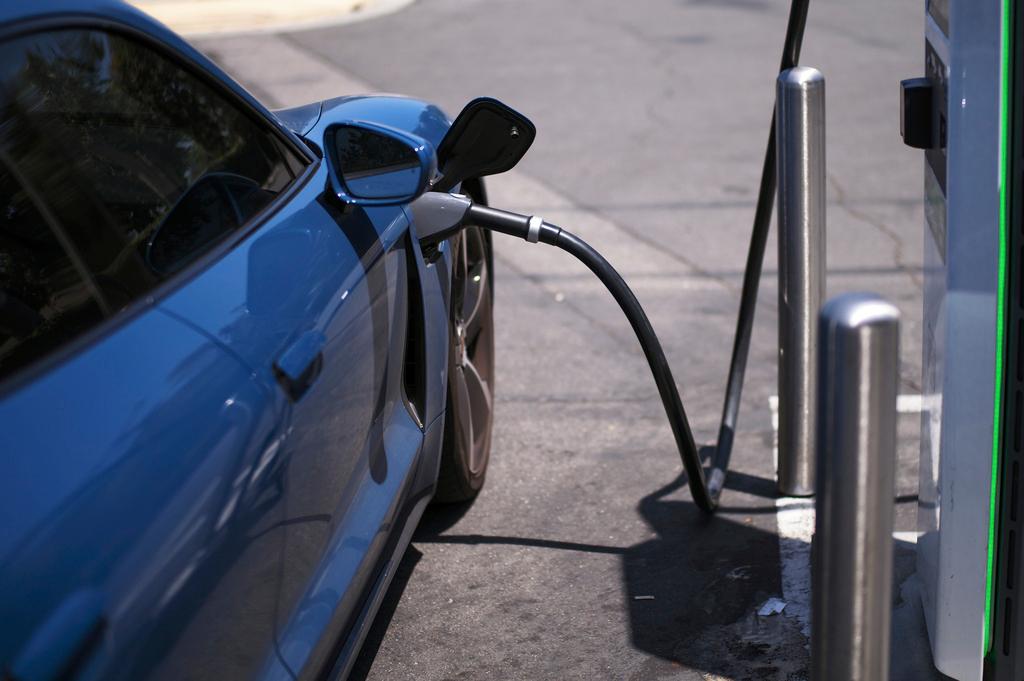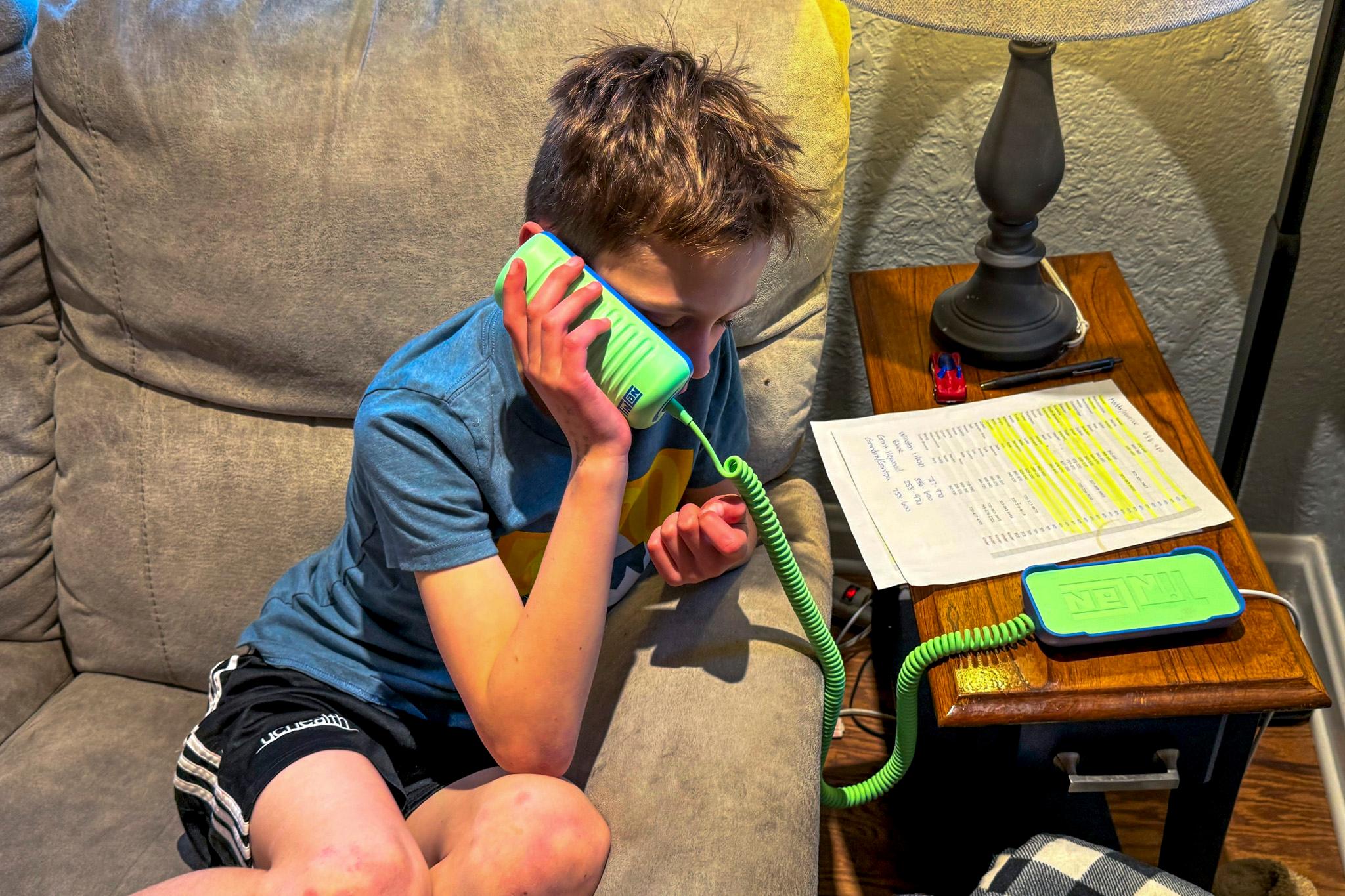
A mantra for procrastinators now applies to Colorado residents considering an electric vehicle:
The best time to buy or lease a battery-powered car was sometime last year. The second-best time is likely right now.
Due to President Trump’s recently signed budget bill, federal EV incentives are set to disappear in less than three months. Those cuts come as Colorado also prepares to cut its EV rebates, which offer steep discounts for car buyers and put the state in competition with California for the title of the nation’s top EV market.
“I would really encourage anyone who’s thinking of buying an electric vehicle or has been holding off: get out there right now,” said Will Toor, the director of the Colorado Energy Office. “The best deal you’re going to get in a long time is the deal you’ll get before the end of September.”
That’s because federal EV tax credits are now set to disappear on October 1. President Trump’s budget bill scraps both the federal incentive for new vehicles — worth up to $7,500 — and the tax credit to offset the cost of a used EV — worth $4,000. Both benefits were previously scheduled to sunset at the end of 2032.
Colorado’s generous incentives are also on the decline. At the beginning of the year, the state EV tax credit dropped from $5,000 to $3,500 for a new car with a retail price below $80,000. The state EV tax credit was already scheduled to drop to $1,500 starting in 2026.
Due to a dismal state revenue forecast released in June, the discount will instead plummet to $750 due to a cost-saving trigger embedded in state law. The revenue crunch will cut state tax credits for other green energy upgrades like heat pumps and e-bikes by half.
Colorado, however, isn’t slamming the brakes on other discounts to help offset the costs of battery-powered vehicles. An additional $2,500 will remain available for EVs with a purchase price under $35,000. The state also offers another $6,000 discount on new cars through Vehicle Exchange Colorado, a program to help income-qualified residents swap gas guzzlers for electric vehicles.
Matt Groves, the CEO and president of the Colorado Auto Dealers Association, expects Colorado’s EV sales will continue to decline as the incentives disappear. In the first quarter of 2025, 20 percent of new car sales in Colorado were battery-powered vehicles, a roughly five percent decrease from the final quarter of 2024.
Groves suspects the percentage fell further over the last few months, but his association won’t receive statistics for the most recent quarter for another couple of weeks. Despite the decline, however, he thinks Colorado car buyers won’t completely lose their newfound affinity for electric vehicles.
“We still have a generally higher level of interest around those vehicles than surrounding states. So we will continue to make them available to everybody who wants and can afford them,” Groves said.
Colorado’s remaining incentives are part of the reason. Those shrinking rebates are still far more substantial than anything offered across the Rocky Mountain West. As a result, Groves said dealers in places like Wyoming and Utah will likely continue to offload EVs into Colorado, boosting the state’s available inventory and cutting prices for consumers.
He also predicts cheaper EVs will see the largest drop in sales.
Luxury car buyers were already purchasing EVs before the state started offering steep discounts. Groves said dealers succeeded in attracting less-wealthy drivers by bundling generous incentives into eye-popping deals. Last year, for example, an Aurora dealership offered Colorado residents a two-year lease on a Nissan Leaf for $19 a month after taxes and dealer fees.
“That same car that cost me $19 a month last year is probably going to cost $119 a month this year,” Groves said. “So I think the most stark impact is going to be to those lower-end EVs.”
It’s also possible that lawmakers will increase state incentives to make up for the loss of the federal tax credit. State Rep. Alex Valdez, a Denver Democrat, said he’s looking into whether the state could boost its tax credit through a new fee on the oil and gas industry, which he said will likely receive “windfall profits” due to President Trump’s budget bill.
“If they're getting windfalls and support from this bill, we should be creating support for an industry that’s actually doing something good for the people of Colorado,” Valdez said.









